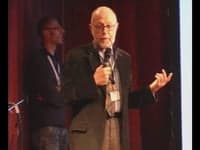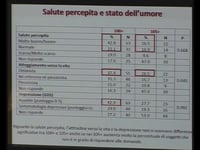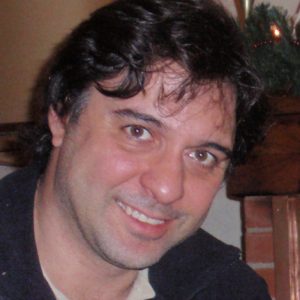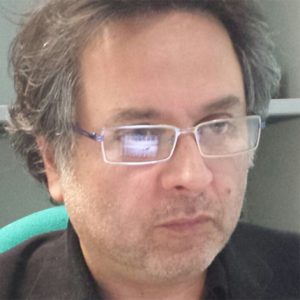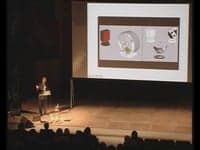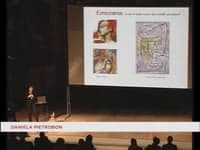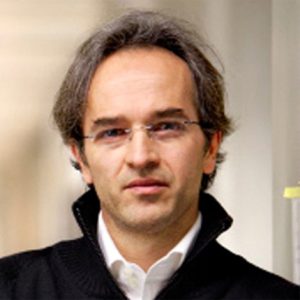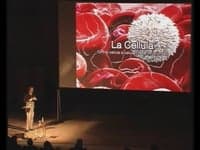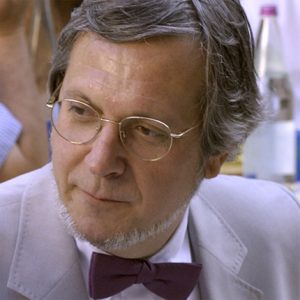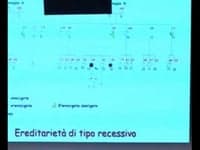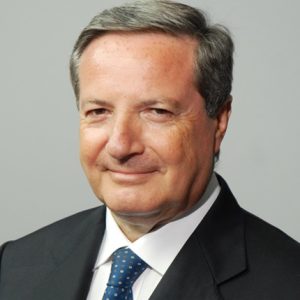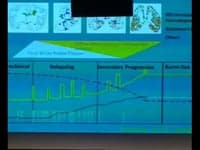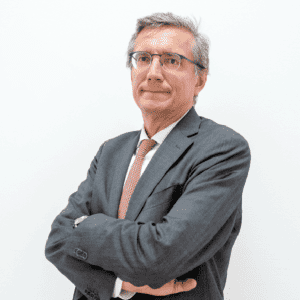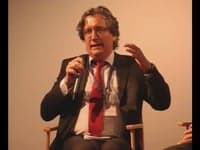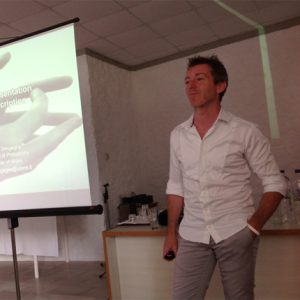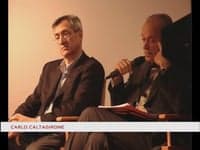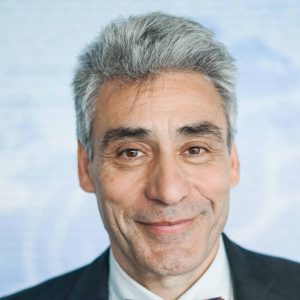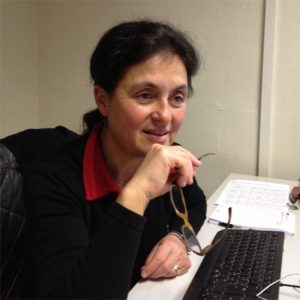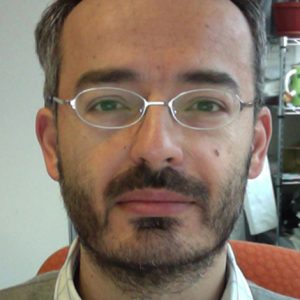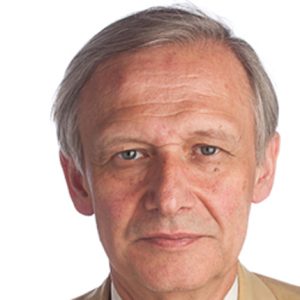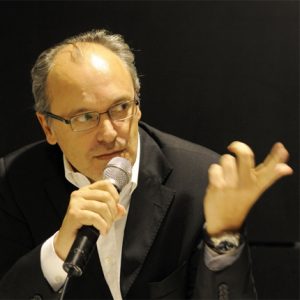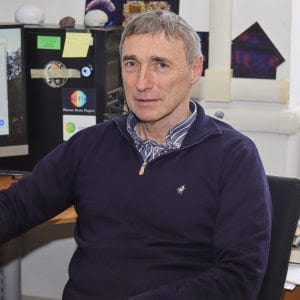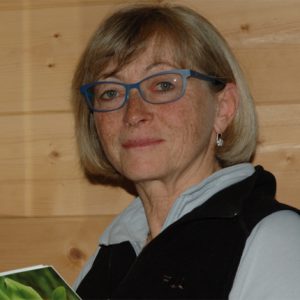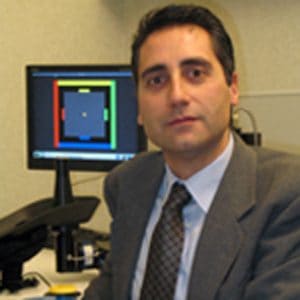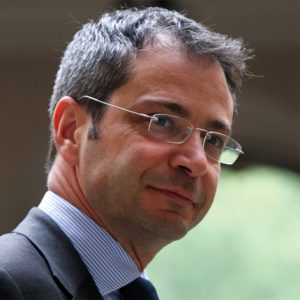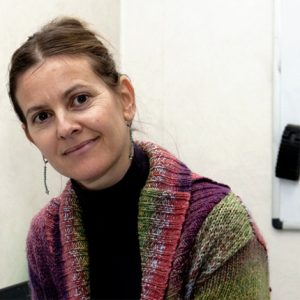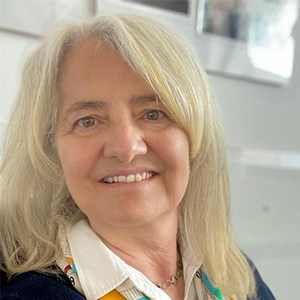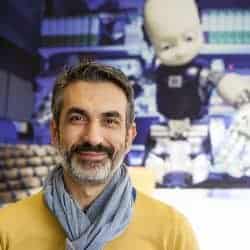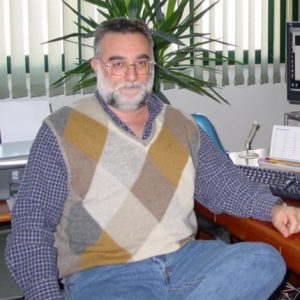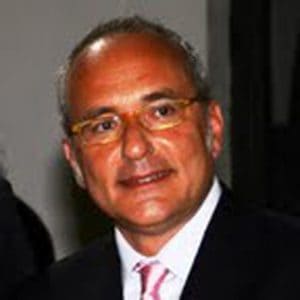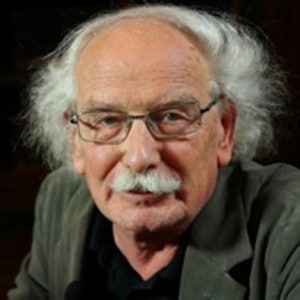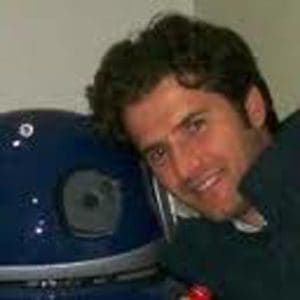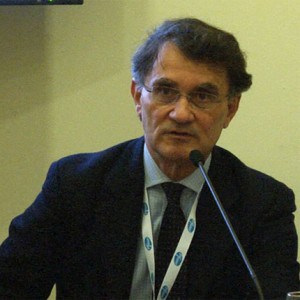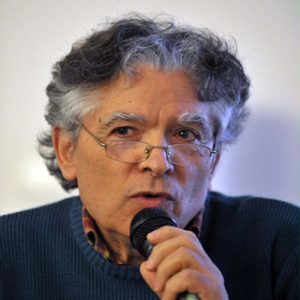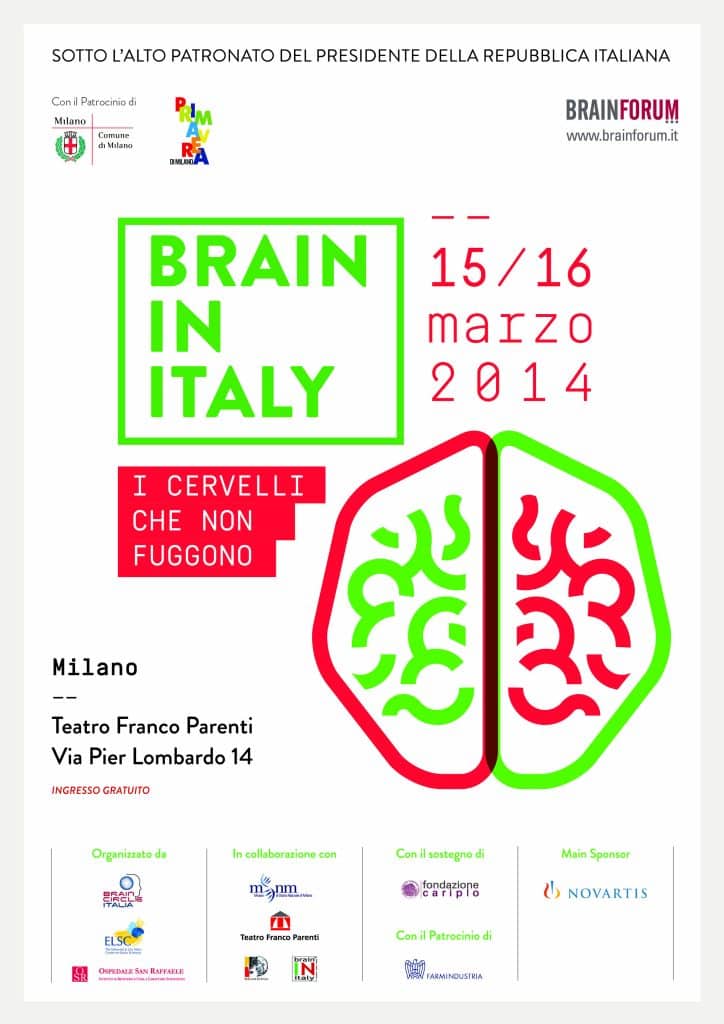
In this moment of research crisis in Italy, BrainForum proposes a relaunch of Italian excellence in the field of neuroscience.
A counter-trend and courageous challenge, given the difficult situation of the universities, the lack of funds for research, the sirens that attract our brightest minds abroad. But despite all this, there are and remain many brilliant and world-esteemed scientists working in Italy.
Brain in Italy presented fifty of them, including many young people and many women, in an innovative formula that alternated debates, lectures and scientific reports, theatrical performances and films, presented by scientists, and which addressed issues related to brain research, artificial intelligence, memory manipulation, the relationship between man and computer, empathy, identity, self-image.
After bringing to Italy some of the greatest neuroscientists from the most prestigious international research centres, the fourth edition of BrainForum put the spotlight on Italian researchers, to make them known to the general public in a “two days of the brain” which combined science and edutainment, aimed at a heterogeneous audience, not just professionals.
We presented researchers from all over Italy, underlining how brain research in our country is branched out and cutting-edge, with a focus on Milan which, with its seven centers dedicated to neuroscience, can well be defined as the Italian capital of the brain.
Despite the limited resources invested, in terms of number and quality, Italian scientific publications in many sectors, including neuroscience, are at the top both in Europe and in the world. And young Italian researchers were, on a national basis, the second group in obtaining scholarships from the European Research Council, assigned on the basis of high selective criteria of scientific excellence and creativity.


